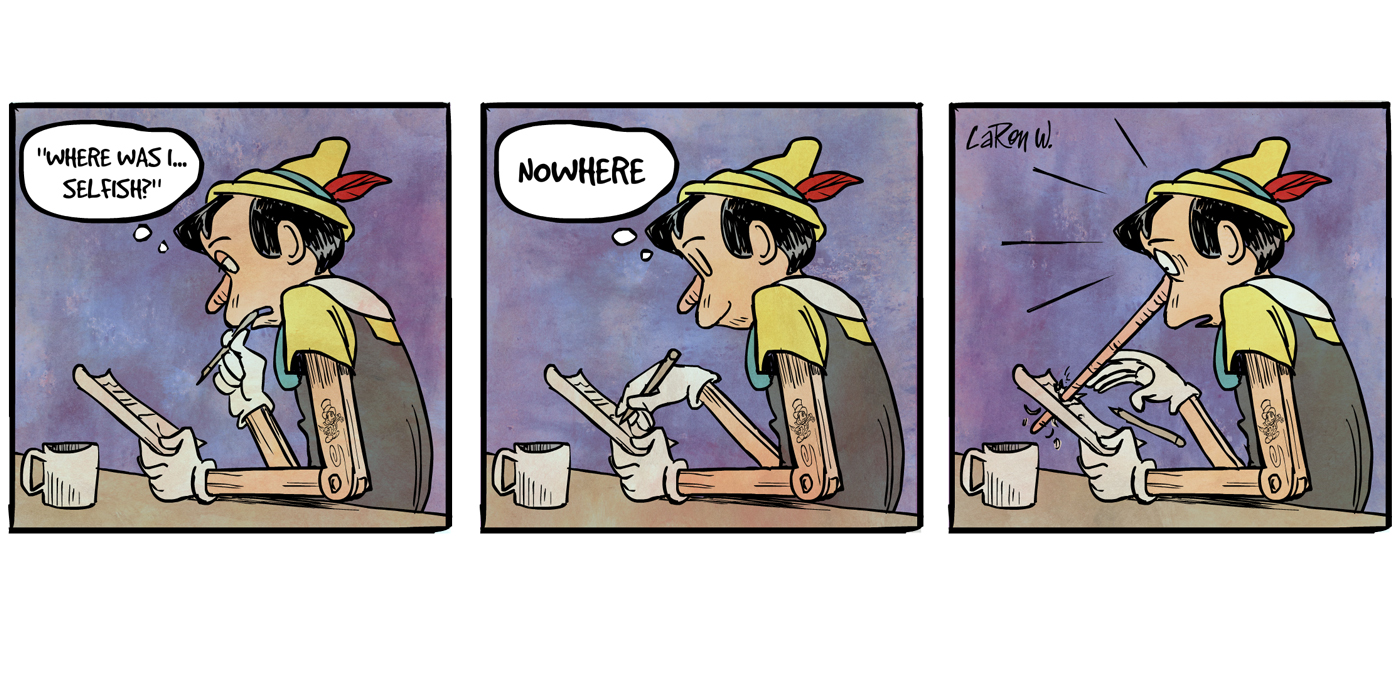#7860291
This may strike you as an unusual title for an article in the Essay. The reason is that I’m writing to invite you to consider becoming part of SA’s outreach into prisons. As you may know, the prison system often identifies inmates by a number. This didn’t mean all that much to me until I became friends with one of those numbers.
One day he came to the church where I was a part-time staff member. When my supervisor heard he was on parole for a sex-related offense, she suggested he call me. She thought I might be able to help him because she knew some of my own struggles with sexual addiction.
Several days later I received a phone call from him. We quickly established rapport as we talked about some of our common experiences. He soon became actively involved in our church and we saw each other often. Six months went by. Then I returned from a weeklong retreat to find that my friend had been picked up for violating his parole.
No one knew where he’d been placed within the prison system. I spent the next several days trying to locate him. It was in this process that I learned how important his number was for any level of contact between us.
My friend asked me and several others to testify on his behalf before his parole board. Upon our arrival at his hearing, I was stunned to see my friend standing in prison garb with chains around his hands and feet. When I was given the opportunity to speak to the board, I realized I really had nothing to say in my friend’s defense regarding concrete steps he’d taken to address his sexual addiction. I could only say he’d been actively involved in our church and had become a friend.
At the time I’d heard of Sexaholics Anonymous myself and had gone to a few meetings. But I hadn’t become a member of the fellowship. When my friend violated his parole, I started going back to meetings, got a sponsor and started working the Steps so that when he got out of prison I could help him. It wasn’t long before I realized that I needed the program every bit as much as I thought my friend did. The next time he was released on parole I was ready for him. I was a zealous convert to SA and started forcing myself and the program on him. Naturally my friend resisted this approach and never went to any meetings. Six months went by. And again he was sent back to prison for violating his parole.
In the correspondence that followed, my friend complained that I’d never taken the time to tell him my whole story. “Why are you a member of SA?” he wanted to know.
When he was released on parole again, we set up an appointment right away so that I could share my First Step inventory with him. I’d planned to read it to him, but inadvertently left the written text on my desk at home. Now I’d have to tell him my story from scratch.
Beginning with my earliest sexual memories, I retraced, step by step, the relentless progression of the illness in my life. Once again I found myself in touch with the feelings of rage and despair which gripped my mind and heart during the final stages of my sexaholic behavior. I wept.
When I’d finished, my friend looked me straight in the eye and said matter-of-factly, “You could’ve been going to death row when I was coming out of prison.”
I’d never had anyone tell me that before. But then I’d never been so honest with anyone before. Not even in my First Step.
My friend came away from our time together with a clear picture of where he was headed unless he got help. I came away with a renewed appreciation of Dr. Bob’s four reasons for spending so much time passing on what he had learned to others in the early days of Alcoholics Anonymous:
- He was motivated by a sense of duty.
- It gave him pleasure.
- He was paying back his debt to the person who had taken time to pass the solution on to him.
- He was taking out a little more insurance against a possible slip.
My friend began coming to SA meetings regularly after that. He liked to say he went back to prison the first time for my sake; the second time for his own. Not long ago he celebrated his second year of being out of prison and the first of being released from parole.
However, both of our stories are still being written. Last week, I received word that my friend was once again picked up by the police. He may now face a much longer term in prison.
This turn of events has only strengthened my resolve to participate in the service work of the SA Corrections Committee. For our friendship has helped me to see two truths. The first is that sexaholism leads to insanity, prison and death. The second is that SA offers us a way out of this fatal progression. So it was fitting that several days after hearing of my friend’s incarceration, I was on my way with three other members of our fellowship to take a SA meeting into a prison in our area.
Upon our arrival, we walked through the electronically controlled gates of two chain-link fences topped with barbed wire to get into the facility. Then we passed through heavy, sliding doors and headed down a long enclosed corridor as cameras viewed our progress. Another sliding door was opened and we were at the base of a fortified control room operated by a prison guard. He opened one more sliding door and we were inside that part of the prison where the inmates were housed and our meeting would be held. We met for the next hour and a half with two regulars and two newcomers to the program. Then it was time to leave. As we went back through the sliding doors and walked down the lonely corridor past the chain-link fences into the fresh air of freedom, I was reminded of my friend’s response when I once commented how great it would be to take SA meetings into prisons together. He said taking a meeting into a prison would indeed be a rewarding experience, but what he’d really appreciate would be the freedom to leave the prison after the meeting was over.
It is out of my appreciation for that freedom that I now write to you. I hope that by hearing our story you may be motivated to join those of us who are helping to carry the SA message into prisons. Not only did my experience of participating in this service work help me get sober; it has helped me stay sober. And it has the added benefit that my life has taken on new meaning and purpose.
The SACC needs members who are willing to correspond with and sponsor inmates. We need members who are willing to take meetings into prisons. We need members to represent SA’s work with prisons at local SA meetings, in intergroup meetings, and at regional, national and international levels. In short, we need you!
William R., Chair, SACC






